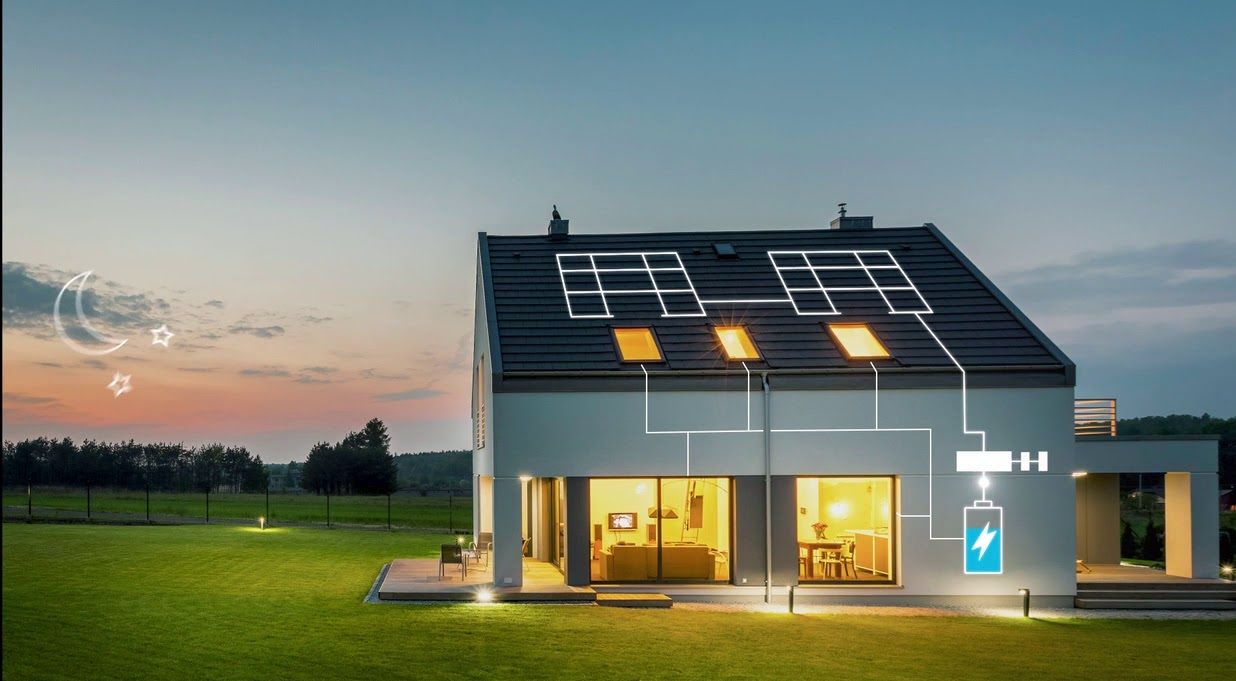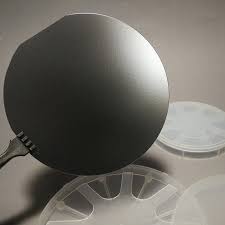The Residential Battery Market is estimated to be valued at US$ 15.59 Bn in 2023 and is expected to exhibit a CAGR of 18.% over the forecast period 2023 to 2030, as highlighted in a new report published by Coherent Market Insights.
Market Overview:
The residential battery market involves the production and sales of battery energy storage systems for residential sector. Battery storage system helps in storing electricity from renewable energy sources like solar panels for use during power outages or when energy demand is higher than supply. They provide backup power to homes as well as help reducing dependency on fossil fuels by enabling use of self-generated renewable energy. Mainly Lithium-ion battery technology is used in residential batteries due to its high energy density and longer lifespan.
Market Dynamics:
Growing deployment of rooftop solar PV systems is a major driver for the residential battery market. Government incentives and declining prices of solar panels have increased adoption of rooftop solar significantly. However, solar energy production doesn’t match the demand pattern. This creates a need for battery storage to store excess solar energy and use it when required. According to International Energy Agency (IEA), over 26 GW of small-scale battery storage capacity would be installed globally by 2030 to support growth in distributed solar PV.
Another driver is rising concerns over power outages due to aging electricity infrastructure. Severe weather events are increasing in frequency and intensity due to climate change which disrupts power supply more often. Residential batteries provide backup power and ensure uninterrupted supply during outages. They offer peace of mind and convenience to homeowners.
Segment Analysis
The residential battery market can be segmented on the basis of battery type and ownership. By battery type, the lithium-ion batteries segment dominated the market in 2022, accounting for over 60% share. Lithium-ion batteries offer higher energy density, longer lifespan and faster charging when compared to lead-acid batteries. By ownership, privately owned residential batteries captured a major market share owing to rising adoption of home energy storage systems and consumer preference for self-consumption of solar power generated.
PEST Analysis
Political: Favorable government policies promoting the adoption of renewable energy through net metering and feed-in tariff mechanisms have encouraged residential prosumers to install battery storage systems.
Economic: Declining battery costs and rising electricity tariffs have made residential batteries a cost-effective investment. The payback period has reduced significantly.
Social: Growing environmental awareness among consumers and need for energy security during power outages are propelling the adoption of residential battery storage.
Technological: Advancements in battery chemistry especially lithium-ion batteries have enhanced the performance of residential batteries in terms of lifecycle, efficiency and safety. Two-way grid-connected inverters enable seamless power transfer.
Key Takeaways
The Global Residential Battery Market Growth is expected to witness high, exhibiting CAGR of 18.% over the forecast period, due to increasing consumer preference for sustainable home energy solutions. The market size for 2023 is estimated to be US$ 15.59 Bn.
Regional analysis: Asia Pacific dominated the global residential battery market and captured over 40% share in 2022. Countries like China, Japan, South Korea and Australia have seen rapid deployments driven by supportive regulatory framework. North America is another major region owing to rising transition towards smart and connected homes in the US and Canada.
Key players: Key players operating in the residential battery market are FIMER SpA, Amara Raja Batteries Ltd, Samsung SDI, Energizer Holding Inc., Luminous Power Technologies Private Limited, LG Energy Solution, Ltd., Duracell Inc., Panasonic Corporation, Siemens AG, Tesla Inc., Delta Electronics Inc., BYD Co. Ltd and NEC Corp. Strategic partnerships and collaborations between battery manufacturers and inverter companies have strengthened their presence
*Note:
1. Source: Coherent Market Insights, Public sources, Desk research
2. We have leveraged AI tools to mine information and compile it



